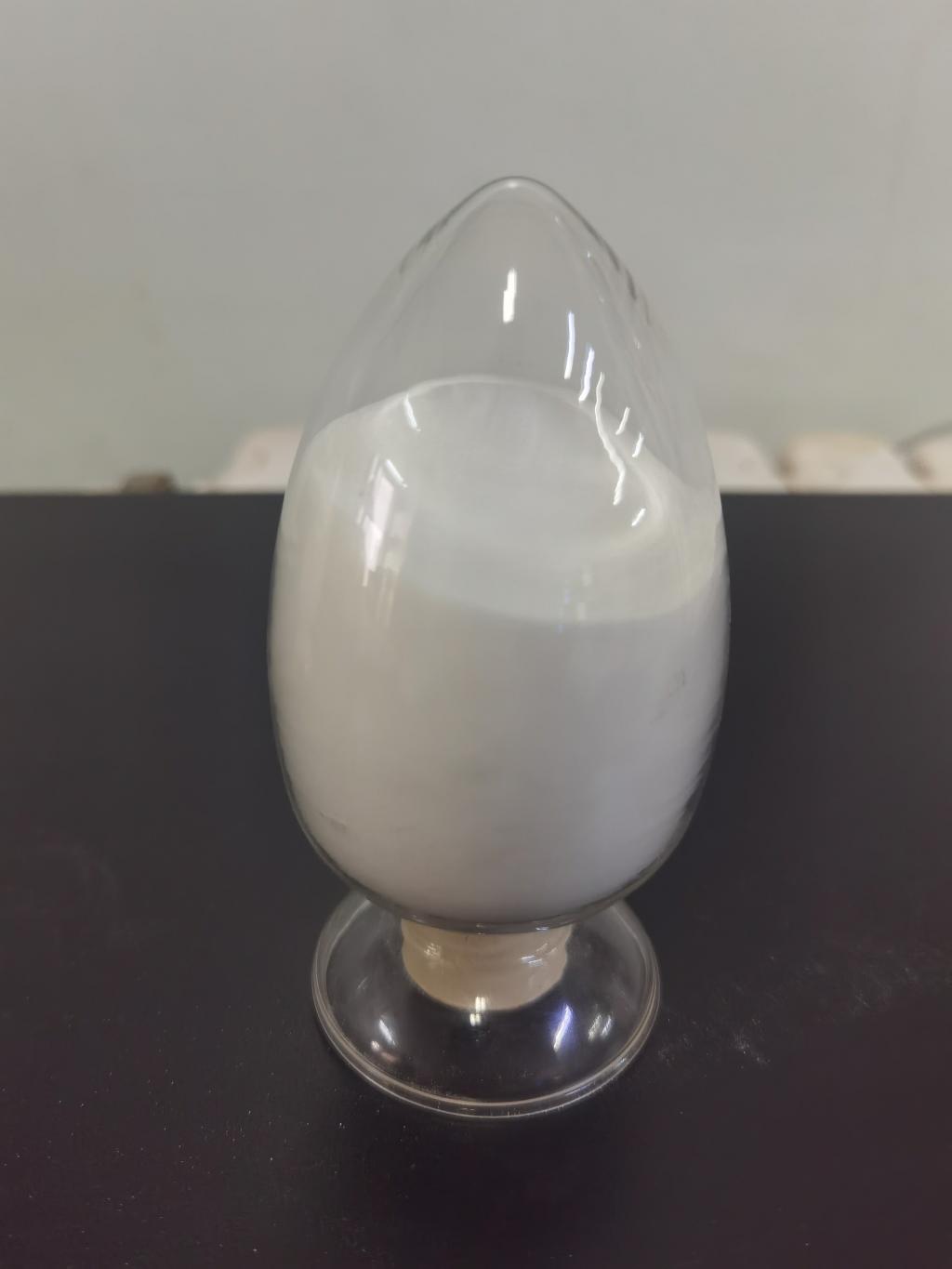Tel:+8618231198596

News
 CONTACT
CONTACT
 CONTACT
CONTACT
- Linkman:Linda Yao
- Tel: +8618231198596
- Email:linda.yao@dcpharma.cn
- Linkman:CHARLES.WANG
- Department:Overseas
- Tel: 0086 0311-85537378 0086 0311-85539701
News
Current Position:
Home >
News
>ε-Polylysine hydrochloride's stability under varying temperature conditions.
ε-Polylysine hydrochloride's stability under varying temperature conditions.
TIME:2024-03-19
Understanding ε-Polylysine Hydrochloride:
ε-Polylysine hydrochloride is a biopolymer derived from microbial fermentation, notably from strains of Streptomyces albulus. Comprising multiple lysine residues linked together, it exhibits potent antimicrobial properties and is widely used as a food preservative. Its stability under varying temperature conditions makes it particularly suitable for use in environments with fluctuating climates.
Stability Under Temperature Variations:
One of the key attributes of ε-Polylysine hydrochloride is its stability under a wide range of temperature conditions. Unlike some conventional preservatives and antimicrobial agents that may degrade or lose efficacy at extreme temperatures, ε-Polylysine hydrochloride remains effective across a broad temperature spectrum. This stability allows it to maintain its antimicrobial activity and preservative properties, ensuring consistent performance in different climate settings.
Applications in Food Preservation:
ε-Polylysine hydrochloride finds numerous applications in food preservation, where temperature variations can impact the efficacy of preservatives. Some key applications include:
Extended Shelf Life: By inhibiting the growth of spoilage microorganisms, ε-Polylysine hydrochloride helps extend the shelf life of perishable foods, such as meats, seafood, dairy products, and bakery items, in both hot and cold climates. Its stability under temperature fluctuations ensures reliable preservation throughout the supply chain, from production to consumption.
Preservation of Ready-to-Eat Foods: Ready-to-eat foods are particularly susceptible to microbial contamination, especially in warm climates where temperature control may be challenging. ε-Polylysine hydrochloride can be incorporated into packaging materials or applied directly to food surfaces to inhibit microbial growth and maintain product freshness and safety.
Food Safety During Transportation: During transportation and storage, food products may be exposed to varying temperatures, increasing the risk of spoilage and foodborne illness. The use of ε-Polylysine hydrochloride as a preservative helps mitigate these risks by providing a protective barrier against microbial contamination, ensuring food safety and quality regardless of climate conditions.
Applications in Agriculture:
In addition to food preservation, ε-Polylysine hydrochloride offers potential applications in agriculture, where climate variability can impact crop health and productivity. Some potential uses include:
Crop Protection: ε-Polylysine hydrochloride's stability under temperature variations makes it suitable for use in crop protection formulations, such as foliar sprays or seed treatments. By inhibiting the growth of pathogenic microorganisms, it helps prevent crop diseases and maintains plant health in diverse climate settings.
Soil Amendment: Incorporating ε-Polylysine hydrochloride into soil amendments or fertilizers can enhance soil microbiome diversity and suppress soilborne pathogens, promoting healthier plant growth and resilience to environmental stressors. Its stability ensures sustained efficacy in different soil and climate conditions.
Post-Harvest Treatment: After harvesting, crops may be exposed to temperature fluctuations during storage and transportation, increasing the risk of spoilage and quality deterioration. ε-Polylysine hydrochloride can be used as a post-harvest treatment to protect harvested crops from microbial contamination, extending their shelf life and preserving their quality in various climate settings.
Benefits of ε-Polylysine Hydrochloride in Different Climate Settings:
Consistent Performance: ε-Polylysine hydrochloride's stability under temperature variations ensures consistent performance in different climate settings, providing reliable protection against microbial contamination and spoilage across diverse environmental conditions.
Versatility: ε-Polylysine hydrochloride's versatility allows it to be used in a wide range of food and agricultural applications, making it a valuable asset for producers and farmers operating in regions with variable climates.
Food Safety: By inhibiting the growth of harmful microorganisms, ε-Polylysine hydrochloride contributes to food safety and quality assurance, reducing the risk of foodborne illness and spoilage in both hot and cold climates.
Environmental Sustainability: ε-Polylysine hydrochloride's natural origin and biodegradability align with principles of environmental sustainability, minimizing its impact on ecosystems and reducing reliance on synthetic preservatives with potential environmental drawbacks.
Challenges and Considerations:
While ε-Polylysine hydrochloride offers significant benefits for use in different climate settings, there are some challenges and considerations to keep in mind:
Formulation Stability: Developing stable formulations of ε-Polylysine hydrochloride for specific applications in food and agriculture requires careful consideration of factors such as pH, temperature, and compatibility with other ingredients. Formulation stability studies are essential to ensure product efficacy and performance under varying climate conditions.
Regulatory Approval: The regulatory approval process for ε-Polylysine hydrochloride-based products may vary among countries and regions, requiring compliance with applicable regulations and safety standards. Obtaining regulatory approval for agricultural use may involve additional considerations related to environmental impact and residue tolerances.
Cost-effectiveness: Assessing the cost-effectiveness of ε-Polylysine hydrochloride compared to conventional preservatives and antimicrobial agents is essential for its adoption by food producers and farmers, particularly in regions with limited financial resources or infrastructure.
Conclusion:
ε-Polylysine hydrochloride's stability under varying temperature conditions makes it a valuable asset for food preservation and agricultural applications in different climate settings. Its versatility, reliability, and environmental sustainability position it as a promising solution for enhancing food safety, preserving crop quality, and promoting sustainable agriculture practices worldwide. By harnessing the benefits of ε-Polylysine hydrochloride, food producers and farmers can address the challenges posed by climate variability and ensure the safety, quality, and resilience of food and agricultural systems in a changing world.
- Tel:+8618231198596
- Whatsapp:18231198596
- Chat With Skype







